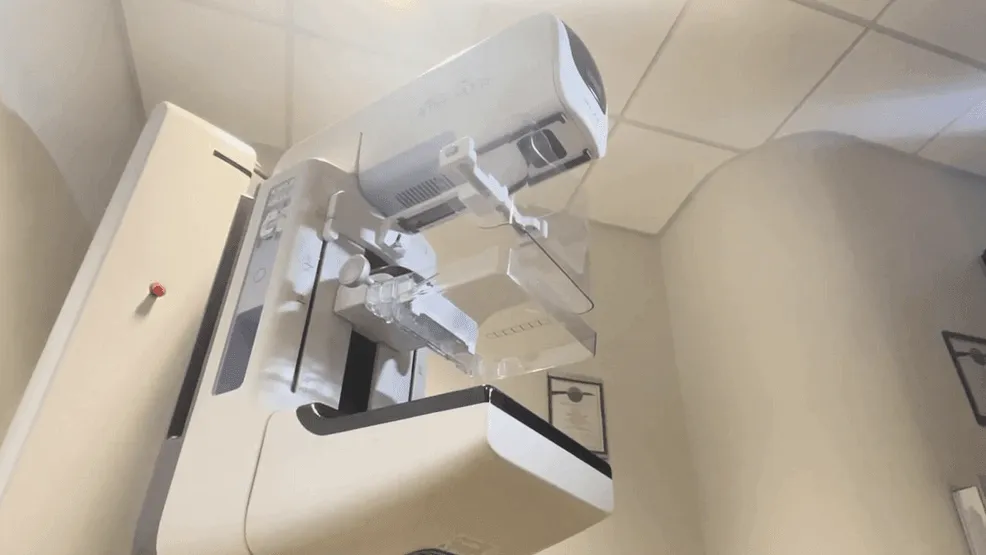Contrast-Enhanced Mammography for Breast Cancer Early Detection

Understanding Contrast-Enhanced Mammography
Breast cancer screening has taken a significant leap forward with the advent of contrast-enhanced mammography (CEM). This advanced imaging technique offers a superior chance for early detection, crucial for improving treatment outcomes. Dr. Orna Hadar highlights how patients at Jupiter Medical Center are benefiting from CEM, discovering tumors that conventional mammograms may overlook.
How CEM Works
- CEM uses a contrast agent to improve visibility in mammograms.
- This technology highlights areas of enhanced blood flow, which could indicate the presence of a tumor.
- Studies show that CEM can significantly increase cancer detection rates compared to traditional methods.
Impact on Treatment Chances
Early detection through CEM can lead to earlier intervention, thereby improving treatment chances for patients. Those diagnosed at earlier stages often experience better outcomes and may have access to less aggressive treatment options.
Final Thoughts
CEM represents a promising advancement in breast cancer screening. As more women become aware of this option, the hope is that it will lead to even greater strides in early detection and successful treatment.
Disclaimer: The information provided on this site is for informational purposes only and is not intended as medical advice. We are not responsible for any actions taken based on the content of this site. Always consult a qualified healthcare provider for medical advice, diagnosis, and treatment. We source our news from reputable sources and provide links to the original articles. We do not endorse or assume responsibility for the accuracy of the information contained in external sources.
This article was prepared using information from open sources in accordance with the principles of Ethical Policy. The editorial team is not responsible for absolute accuracy, as it relies on data from the sources referenced.